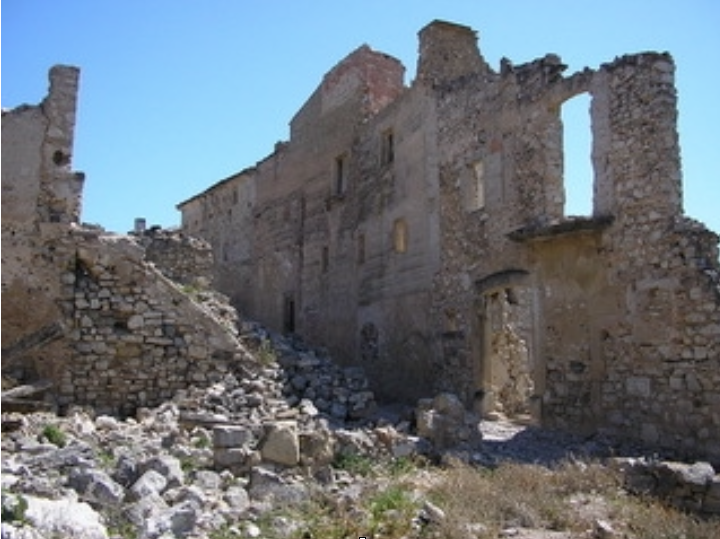International Brigade Memorial Trust
IBMT member Nancy Phillips writes…
Eighty five years ago the Ebro offensive was initiated by Republican forces, who crossed the Ebro river on 24/25 July with the aim of stopping the advance of Franco’s Nationalist troops towards Valencia. It became the longest and largest battle of the Spanish Civil War, with massive air warfare that was unprecedented. As noted by historian Helen Graham, Republican communications were bombed to oblivion and their troops were blasted off the bare and rocky hillsides by the sheer force of the incendiary materials launched.
In the end, in November 1938, the last men of the Republican forces had to retreat back across the Ebro at Flix. According to Helen Graham: ‘…retreat was a function not of military defeat (the Republic had successfully blocked Franco’s attack on Valencia) but of an absolutely devastating political defeat’ at Munich, which had removed any hope of aid from the Western democracies. Barcelona fell in early 1939 and Madrid in March 1939.
Reminders of the Battle of the Ebro can be found all over Catalonia today: trenches, bunkers, anti-aircraft shelters, improvised command centres and field hospitals, museums and perhaps the most moving of all, the former village of Corbera de l’Ebre left untouched since destroyed in battle. We are also left with a plethora of letters, poems and memoirs of Brigaders whose works remind us of ‘the nightmare come to life’ of combat in the Pandols. And, of course, there are the number of memorials to those who fought there.

Corbera d'Ebre.
From all of this, it’s clear that the Ebro battle has resonated in the minds of those who fought there and those of us who remember them. But beyond the landscape scars, monuments and historic sites, this battle has acquired additional meaning. It has become a symbol of the international resistance against fascism; for the pessimists, a milestone of resistance against fascist totalitarianism.
Below is a poem for this occasion, ‘For My Dead Brother’ by Alvah Bessie*, written from prison in 1951 to his fellow Lincoln volunteer Aaron Lopoff, killed on Hill 666 during the Ebro battle. I am not sure what Aaron meant; perhaps you know.
For My Dead Brother
Alvah Bessie
The moon was full that night in Aragon…
we sat in the black velvet shadow
of the hazel (called avellano there);
the men lay sleeping, sprawled on the packed earth
in their blankets (like the dead)…
With dawn we’d move in double files
down to the Ebro, crossed in boats,
and many lying there relaxed
would lie relaxed across the river
(but without their blankets).
He said, ‘You started something, baby –’
(I was thirty-four; he ten years less;
he was my captain; I his adjutant)
‘– you started something, baby,’ Aaron said,
‘when you came to Spain.’
Across the yellow river
there was a night loud with machine guns
and the harmless popcorn crackle
of hand grenades bursting pink and green,
and he was gone and somehow Sam found me in the dark,
bringing Aaron’s pistol, wet with blood.
He said:
‘The last thing Aaron said
was, “Did we take the hill?”
I told him, “Sure.”’
Aaron, we did not take the hill.
We lost in Spain, Aaron,
I know, finally, what you meant that night
under the thick black shadow of the avellano,
sitting here in prison twelve years later.
We did not take the hill, mi comandante,
but o! the plains that we have taken
and the mountains, rivers, cities,
deserts, flowing valleys, seas!
You may sleep… sleep, my brother, sleep.
Sources
Helen Graham ‘The Spanish Civil War: A Very Short Introduction’
Cary Nelson ‘Revolutionary Memory’
Edmon Castell & Lluis Falco ‘Across the River’
* Alvah Bessie was a novelist, journalist and scriptwriter who, as one of the Hollywood Ten, was jailed in 1950 during the McCarthy witch-hunts in the US.
